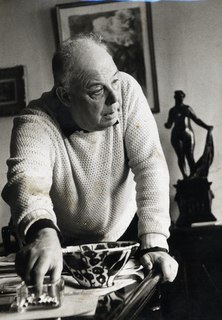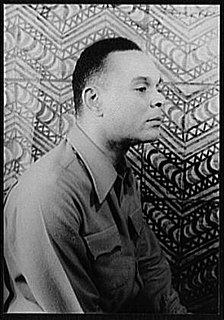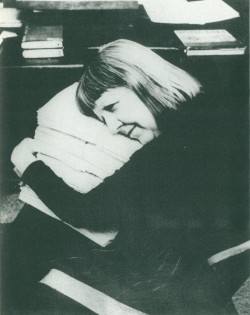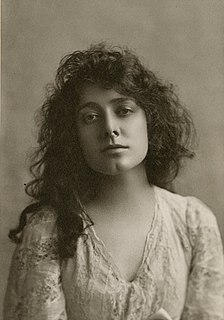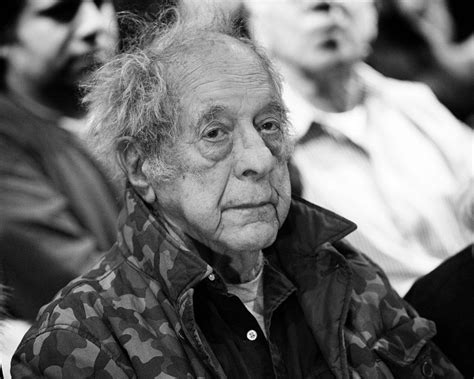A Quote by Lucy Corin
Ideologically, I have a lot of problems with that, especially when people toss around that form of story as realism. What's called "realism" is actually highly formulaic.
Related Quotes
I originally came from Dresden, where Socialist Realism prevailed. Konrad Lueg and I came up with it, for the most part ironically, since I now live in capitalism. It was certainly 'realism', but in another form - the capitalist form, as it were. It wasn't meant that seriously. It was more a slogan for that particular Happening at a furniture store.
Unfortunately, philosophers of science usually regard scientific realism and scientific anti-realism as monistic doctrines. The assumption is that there is one goal of all scientific inference - finding propositions that are true, or finding propositions that are predictively accurate. In fact, there are multiple goals. Sometimes realism is the right interpretation of a scientific problem, while at other times instrumentalism is.
Art is beauty, and every exposition of art, whether it be music, painting, or the drama, should be subservient to that one great end. As long as nature is a means to the attainment of beauty, so-called realism is necessary and permissable [sic], but it must be realism enhanced by idealism and uplifted by the spirit of an inner life or purpose.
One of my favorite things about the Kung Fu Panda 3 is the look of it. We never go for realism. I think a lot of time when people go for 3D that's the mistake. Because we're never going for full realism - for computer generated live action films like Avatar the goal is realism, to make the audience feel like they are seeing something that is real. Lord of the Rings had character design and environments to make it look real, whereas we aren't going for that, we are going for something that is theatrically, viscerally, and emotionally real.





